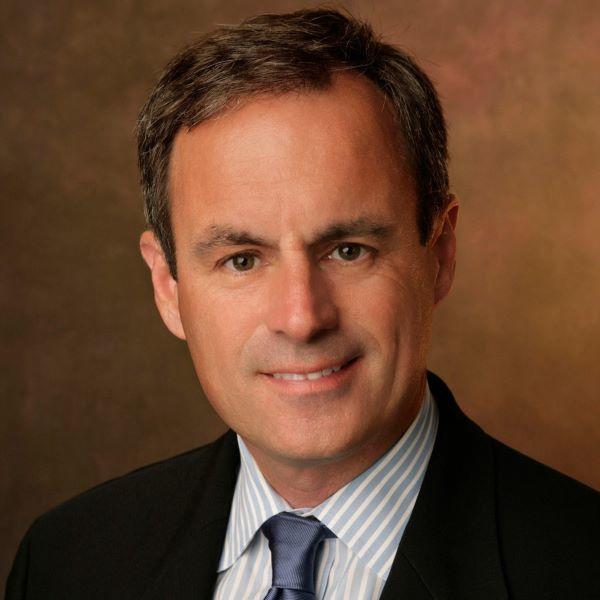Randy Pausch's "Last Lecture" Legacy
Three years ago, CBS News correspondent Steve Hartman brought you the story of Randy Pausch,a college professor whose most enduring lesson was how to live and, how to die.
Now, as CBS News correspondent Mark Strassmann reports, the professor has inspired his widow to take up a cause of her own.
Randy Pausch's "Last Lecture" was an internet sensation seen by more than 12 million people.
In the clip, the Carnegie-Mellon professor was so alive, yet he was a man dying of pancreatic cancer.
"There are approximately 10 tumors in my liver, and the doctors told me three to six months of good health left," Pausch said.
"Last Lecture" Report by Steve Hartman
Randy Pausch's "Last Lecture"
Reversing the Odds on Pancreatic Cancer
Stand Up To Cancer
But Pausch was celebrating, sharing lessons from a life well-lived.
"You just have to decide whether you're a Tigger, or an Eeyore," Pausch said. "I think I'm clear where I stand on the great Tigger/Eeyore debate. Never lose the childlike wonder. It's just too important."
To the end, Pausch kept his sense of wonder. But 10 months after the lecture, he lost his fight with cancer. He was only 47.
Pausch's greatest legacy is in Chesapeake, Va.: his widow Jai Pausch, and their three young kids.
"Over and over we revisit those questions of - is daddy coming back? I miss daddy. Why did daddy die," Jai said.
"Do you play the lecture for them?" Strassmann asked.
"No, they're too young," Jai replied. "They've never seen it."
But Jai watched it over and over after he died. She needed to hear his voice. She needed to see him alive again. And have him inspire her to keep going, as he has inspired millions.
"It's easy to say - you've got to be a Tigger. You have to appreciate every day," Jai said. "But when you actually have to practice that - that's tough."
Jai said she looked at Randy as the "kind of magic man" in the life of her family. "What I've learned is that the magic is really within me too."
She found her new mission: boosting awareness of pancreatic cancer, reaching out to survivors and helping raise almost $3 million. Of all major cancers, pancreatic cancer has the lowest survival rate. Seventy-five percent of patients die within the first year.
Randy Pausch lived 23 months.
"He had Father's Day with us," Jai said. "He didn't think he would make Father's Day. You can't put a price on that."
Of her husband's legacy, Jai said, "We help to shape our own destiny, and I think that's a great message."
More Information
Pancreatic Cancer Action Network
Pancreatic Cancer Research: Lustgarten Foundation
Seena Magowitz Foundation
